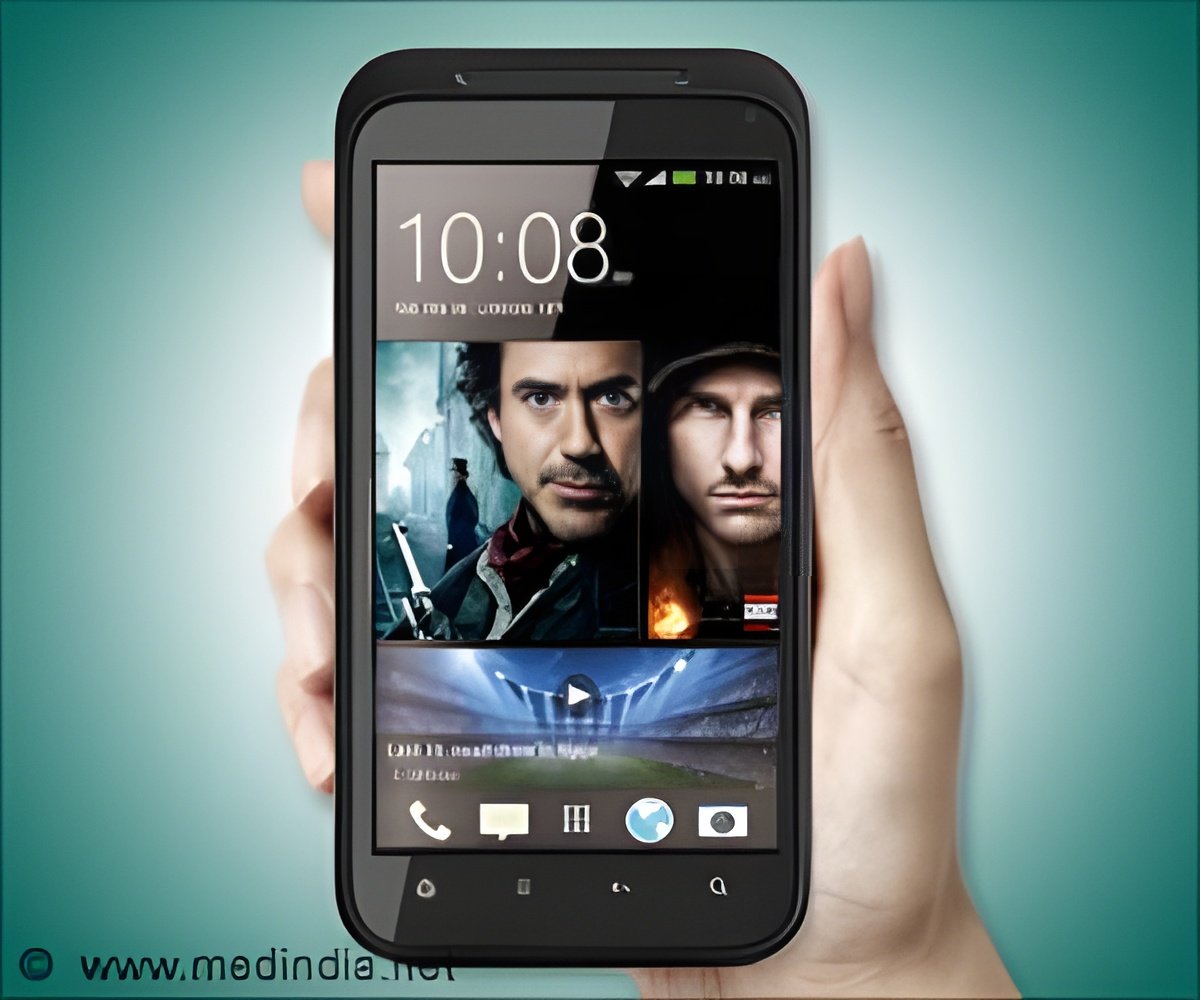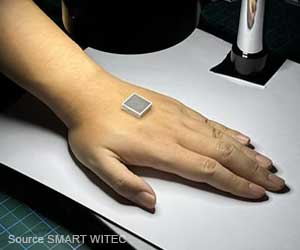Researchers have developed a low-cost smartphone accessory that can perform a point-of-care test that simultaneously detects three infectious disease markers from a finger prick of blood in just 15 minutes.

Sia's innovative accessory or dongle, a small device that easily connects to a smartphone or computer, was recently piloted by health care workers in Rwanda who tested whole blood obtained via a finger prick from 96 patients who were enrolling into prevention-of-mother-to-child-transmission clinics or voluntary counseling and testing centers. The work is published February 4 in Science Translational Medicine. Sia collaborated with researchers from Columbia's Mailman School of Public Health; the Institute of HIV Disease Prevention and Control, Rwanda Biomedical Center; Department of Pathology and Cell Biology, Columbia University Medical Center; Centers for Disease Control and Prevention-Laboratory Reference and Research Branch, Atlanta; and OPKO Diagnostics.
"Our work shows that a full laboratory-quality immunoassay can be run on a smartphone accessory," says Sia. "Coupling microfluidics with recent advances in consumer electronics can make certain lab-based diagnostics accessible to almost any population with access to smartphones. This kind of capability can transform how health care services are delivered around the world."
Sia's team wanted to build upon their previous work in miniaturizing diagnostics hardware for rapid point-of-care diagnosis of HIV, syphilis and other sexually transmitted diseases. "We know that early diagnosis and treatment in pregnant mothers can greatly reduce adverse consequences to both mothers and their babies," Sia notes.
They developed the dongle to be small and light enough to fit into one hand, and to run assays on disposable plastic cassettes with pre-loaded reagents, where disease-specific zones provided an objective read-out, much like an ELISA assay. Sia estimates the dongle will have a manufacturing cost of $34, much lower than the $18,450 that typical ELISA equipment runs.
The team made two main innovations to the dongle to achieve low power consumption, a must in places that do not always have electricity 24/7. They eliminated the power-consuming electrical pump by using a "one-push vacuum," where a user mechanically activates a negative-pressure chamber to move a sequence of reagents pre-stored on a cassette. The process is durable, requires little user training and needs no maintenance or additional manufacturing. Sia's team was able to implement a second innovation to remove the need for a battery by using the audio jack for transmitting power and for data transmission. And, because audio jacks are standardized among smartphones, the dongle can be attached to any compatible smart device (including iPhones and Android phones) in a plug-and-play manner.
"Our dongle presents new capabilities for a broad range of users, from health care providers to consumers," Sia adds. "By increasing detection of syphilis infections, we might be able to reduce deaths by 10-fold. And for large-scale screening where the dongle's high sensitivity with few false negatives is critical, we might be able to scale up HIV testing at the community level with immediate antiretroviral therapy that could nearly stop HIV transmissions and approach elimination of this devastating disease."
The study was funded by Saving Lives at Birth transition grant (USAID, Gates Foundation, Government of Norway, Grand Challenges Canada, and the World Bank) and Wallace H. Coulter Foundation.
Source-Newswise
 MEDINDIA
MEDINDIA




 Email
Email




